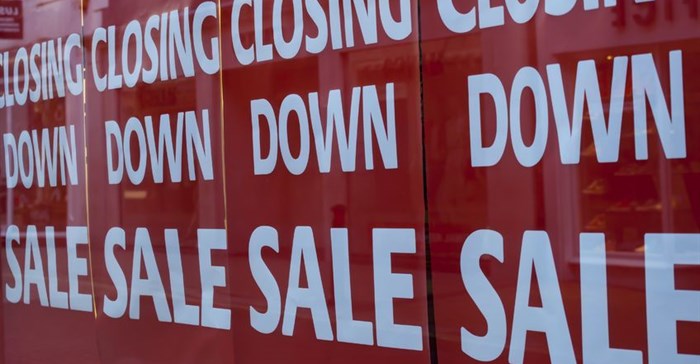
Top stories




Legal#BizTrends2026 | AI integration in the workplace
Jaimé-Lee Jacobs, Herold Gie Attorneys 44 minutes


More news









Construction & Engineering
#BizTrends2026 | TPN Credit Bureau's Waldo Marcus: Resilience over expansion wins the day















According to WRLC, studies since the early 1990s have shown that limited access to financing opportunities is one of the biggest hurdles. In a study conducted by the research centre, representatives from the financing sector and the small retail business sector were interviewed to obtain more detailed knowledge on the realities of access to financing and to provide suggestions for overcoming this obstacle.
Interviewees included managers from banks, financial institutions and government finance agencies, independent financial advisors, retailing experts, and small retail business owners and managers.
Finance providers identified the economic situation (high interest rates, a weak rand and political volatility) as an obstacle hindering small retailers. However, they also highlighted lack of financial knowledge among small retail owners and managers as a specific barrier. The research showed that small retail owners were unfamiliar with the many financial resources available, including opportunities outside the banking sector, from government support agencies and private companies.
Also, because of their poor financial knowledge, many small retail owners struggled to comply with the requirements that banks demand in order to qualify for loans, such as financial statements, tax clearance certificates, positive track records, business plans and cash-flow projections. Employing financial advisors or accountants to assist necessitates additional funds – a vicious cycle.
Finance providers stressed the importance of good relationships with small retailers, because they saw them as a target market for their own growth. They agreed this was an incentive to invest in training and mentoring of small retailers, and suggested that banks must be more proactive in this regard. Furthermore, small retail owners agreed that they needed to improve their own financial education.
The study concluded that, in order to overcome the challenges that small retailers face when trying to access finance, new approaches were needed, including improved financial education for owners and managers, and mentoring programmes and strong business angel networks.
Read the full report.